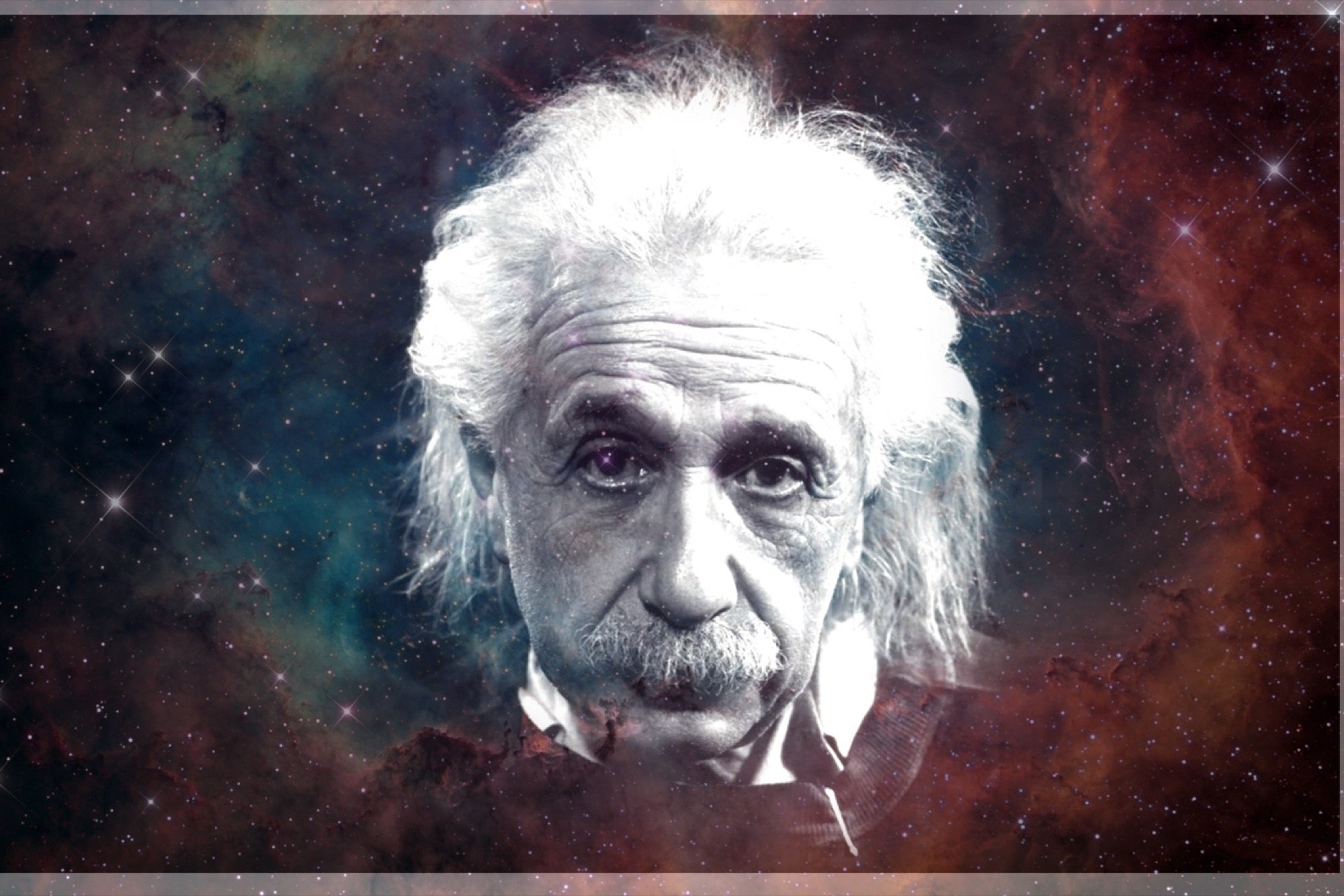What You Can Learn From Albert Einstein on Creativity and Work Ethic 'Try not to become a man of success. Rather become a man of value.'
By James Clear
This story originally appeared on JamesClear.com

As soon as he hung up the phone, Ralph Morse knew that he needed to get moving. He was still 90 miles away and there wouldn't be much time before people began to hear the news. Albert Einstein had just died.
Morse was a photographer for LIFE Magazine. He drove down to Princeton, New Jersey, as fast as possible, but other members of the media had already been alerted by the time he arrived. Morse would later recall the situation by saying,
"Einstein died at Princeton Hospital, so I headed there first. But it was chaos — journalists, photographers, onlookers. So I headed over to Einstein's office at the Institute for Advanced Studies. On the way, I stopped and bought a case of scotch. I knew people might be reluctant to talk, but most people are happy to accept a bottle of booze, instead of money, in exchange for their help. So I get to the building, find the superintendent, give him a fifth of scotch and like that, he opens up the office."
Related: The Hidden Power of Mastering the Fundamentals
When Morse walked into Einstein's office, he snapped a photo of the desk where Einstein had been working just hours before.
Nobody knew it yet, but Einstein's body would be cremated before anyone could capture a final photo of him. As a result, Morse's photo of Einstein's desk would soon become the final iconic image of the great scientist's career.
The Work Ethic of Einstein
Einstein died of internal bleeding caused by the rupture of an abdominal aortic aneurysm, a condition he had struggled with for years.
In 1948, seven years before his death, Einstein had surgery to prevent the "grapefruit-sized" aneurysm from rupturing. One physician familiar with Einstein's case wrote, "For a number of years he had suffered from attacks of upper abdominal pain, which usually lasted for 2-3 days and were often accompanied by vomiting. These attacks usually occurred about every 3 or 4 months."
Einstein continued to work despite the pain. He published papers well into the 1950s. Even on the day of his death in 1955, he was working on a speech he was scheduled to give on Israeli television and he brought the draft of it with him to the hospital. The speech draft, shown below, was never finished.
Contributing vs. Consuming
"Try not to become a man of success. Rather become a man of value."
-- Albert Einstein
Einstein's most famous contribution to science, the general theory of relativity, was published in 1915. He won the Nobel Prize in 1921. Yet, rather than assume he was a finished product, Einstein continued to work and contribute to the field for 30 more years.
Related: How Experts Practice Better Than the Rest
Up until the moment of his death, Einstein continued to squeeze every ounce of greatness out of himself. He never rested on his laurels. He continued to work even through severe physical pain and in the face of death.
Everyone has a gift to share with the world, something that both lights you on fire internally and serves the world externally, and this thing–this calling–should be something you pursue until your final breath. It could be your actual job, as it was for Einstein. It could be a creative hobby, as it was for Vivian Maier. It could be the care you provide to those around you.
Whatever it is for you, our lives were meant to be spent making our contribution to the world, not merely consuming the world that others create.
'I have done my share.'
Hours before his death, Einstein's doctors proposed trying a new and unproven surgery as a final option for extending his life. Einstein simply replied, "I have done my share, it is time to go. I will do it elegantly."
We cannot predict the value our work will provide to the world. That's fine. It is not our job to judge our own work. It is our job to create it, to pour ourselves into it, and to master our craft as best we can.
We all have the opportunity to squeeze every ounce of greatness out of ourselves that we can. We all have the chance to do our share.
For useful ideas on improving your mental and physical performance, join his free weekly newsletter.











